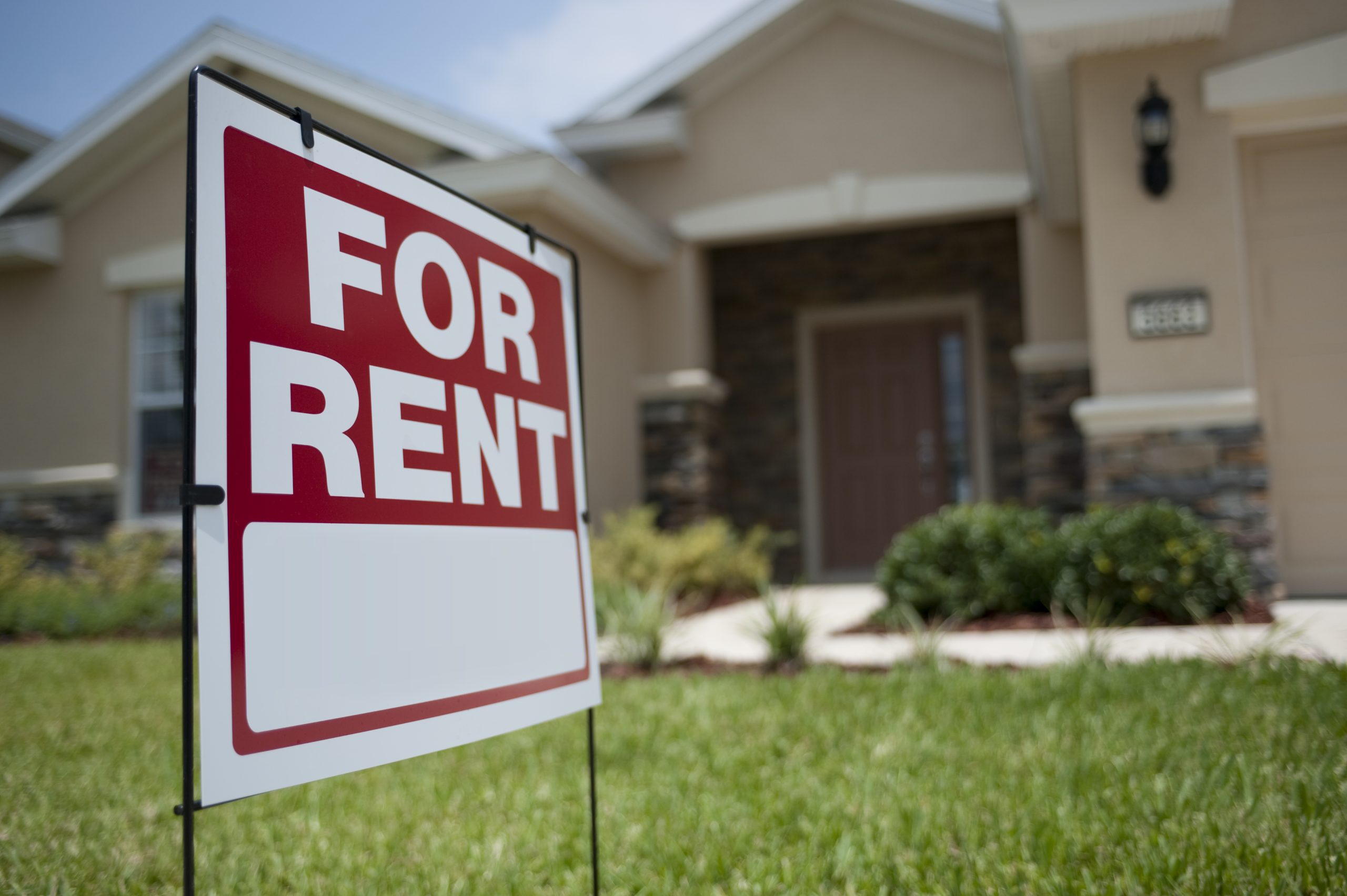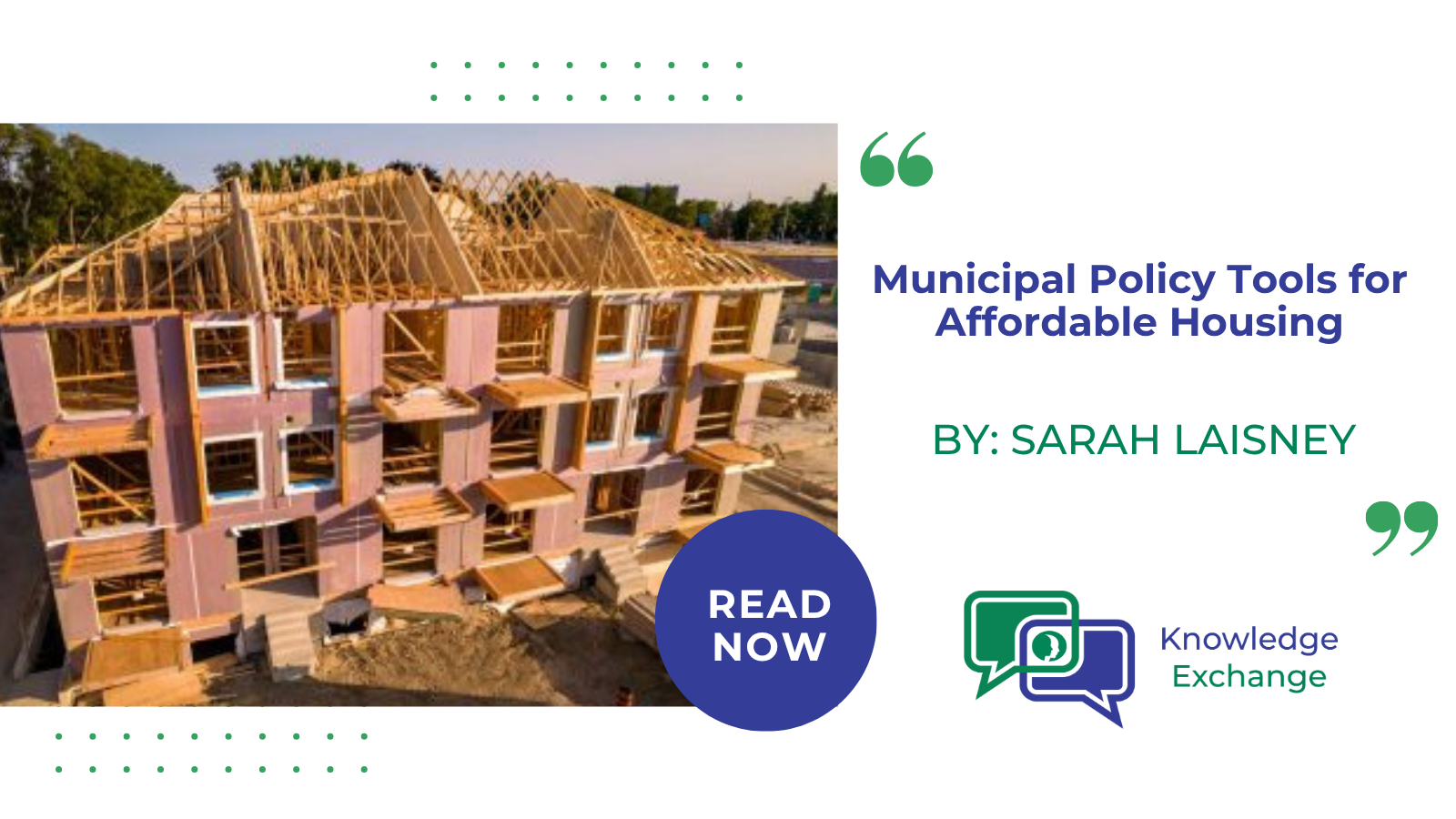Rental housing licensing is a proactive, effective and efficient way that local governments can ensure buildings are maintained in a state of good repair. Such programs shift the onus off renters from having to make a complaint in order for their homes to be well maintained. Under this model, landlords must obtain rental housing licenses that are subject to building evaluations and regular health and safety inspections to demonstrate compliance with municipal property standards.



